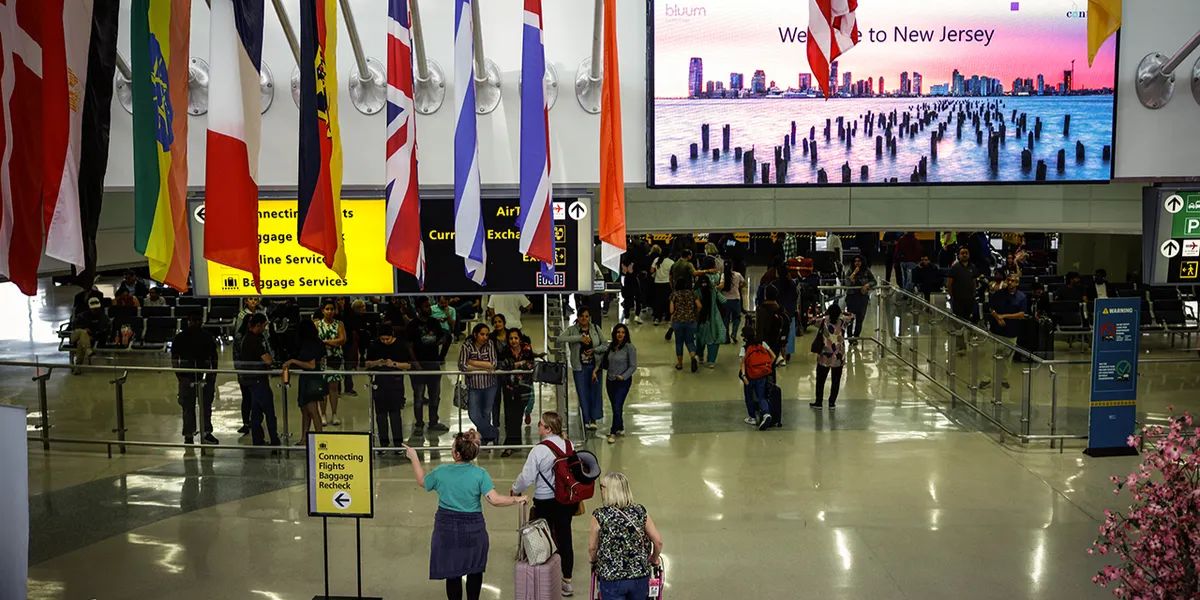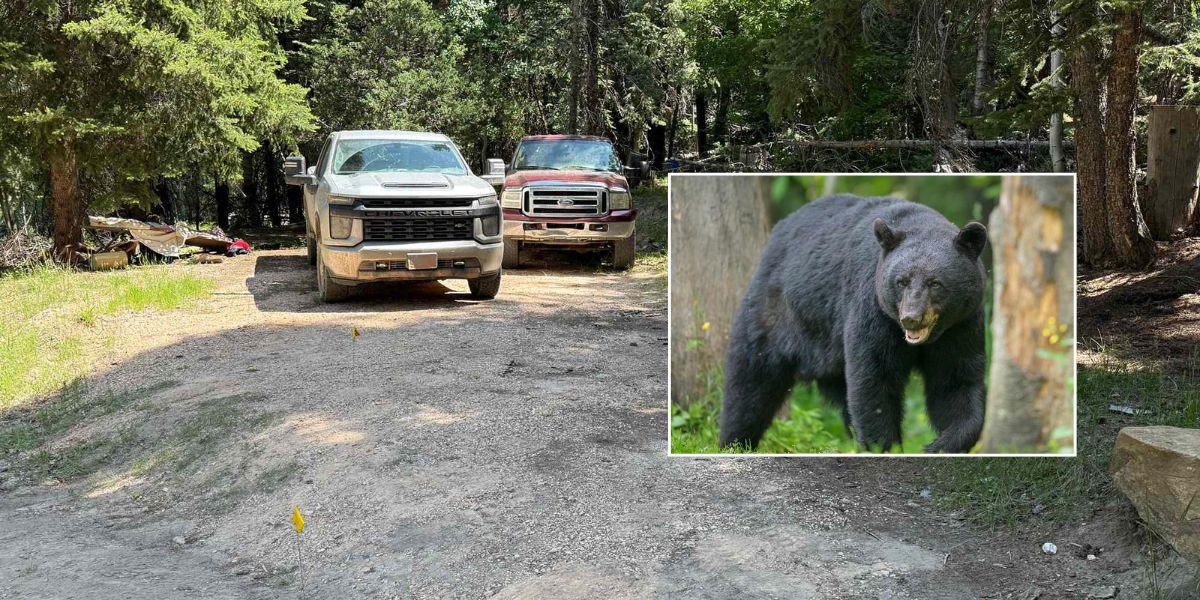It’s possible that you brought more than just your carry-on with you if you were anywhere close to Terminal B at Newark Liberty International Airport on May 12.
A measles case that occurred at the airport during rush hour has been confirmed by the CDC and the New Jersey Department of Health.
This has led to emergency health alerts and a public warning to anyone who may have come into contact with the virus.
Not your normal stopover
On May 12, between 12:30 and 4:00 p.m., an infected traveler was in Terminal B, according to health officials. Hundreds, if not thousands, of people may have unintentionally come into contact with one of the most contagious viruses on the planet during those nearly four hours.
Measles can remain in the air for up to two hours after an infected person leaves, in contrast to COVID-19, which usually spreads through close contact.
A single cough or sneeze in the wrong place is all it takes. Therefore, yes, you could be in danger even if you didn’t see this traveler if you were in the terminal at the same time.
Why measles is more common in airports?
Your patience and immune system are already strained at airports. They are crowded, stressful, and full of people from all over the world.
In addition to that:
High foot traffic through enclosed corridors, people standing or sitting for hours, and poor air circulation in waiting areas.
You have the makings of a measles outbreak. A virus such as measles doesn’t just sit politely in one seat when it enters the mix. Long after the traveler has boarded or disembarked, it continues to float, spread, and remain.
The New Jersey Department of Health started contact tracing as soon as the measles case was confirmed, noting all of the public locations the patient visited. When Terminal B at Newark quickly appeared, a formal exposure alert was issued.
Measles alerts are frequently linked to airports, theme parks, or major events, so this type of reaction is not uncommon. However, given how quickly measles spreads and how many people pass through a terminal like Newark’s every hour, this one is urgent.
Anyone who was present during that period is being asked by officials to keep an eye out for any symptoms until at least June 2.
Read Also: Bus Lane Cameras Expand Again in L.A. County: Find Out Where
How does the measles feel?
Initially, it’s simple to mistake for a bad cold:
- Red, watery eyes, a persistent runny nose, coughing, and a high fever.
Then things get out of hand. A characteristic rash develops, typically beginning on the face and spreading to other parts of the body.
Additionally, you may feel exhausted, have body aches, and have a general sense that something is seriously amiss. Seven to twenty-one days following exposure, these symptoms may appear.
Read Also: EV Charger Tax Credit: Who Qualifies and How Much You Can Save?
Therefore, don’t discount a fever or odd rash because it’s been a week if you were in Newark on May 12.
In 2025? Still?
Yes. Despite being declared eradicated in the United States in 2000, measles is making a resurgence due to a decline in vaccination rates.
During the pandemic, some people chose not to get vaccinated. Others never received them because of lack of access, fear, or false information.
Herd immunity has ultimately suffered, and ancient viruses are now finding new ways to proliferate.
MMR (measles, mumps, rubella) is a vaccine that is typically administered to children and is safe and effective. 97% protection is provided by two doses. This entire story might not exist if more people received vaccinations.
What to do on that particular day if you were at Newark Liberty Airport?
First, make an effort to remain composed. Here’s what to do if you were in Terminal B on May 12 between 12:30 and 4:00 p.m.:
- Verify your vaccination history. You’re probably safe if you’ve received both doses of the MMR vaccine.
- Keep an eye out for symptoms until June 2, particularly if you begin to feel ill.
- If you have any suspicions, give your doctor a call. Avoid showing up at a clinic without warning because you might spread the measles to other people in the waiting area.
- Take this very seriously if you are immunocompromised or unvaccinated. Make an immediate call to your healthcare provider.



